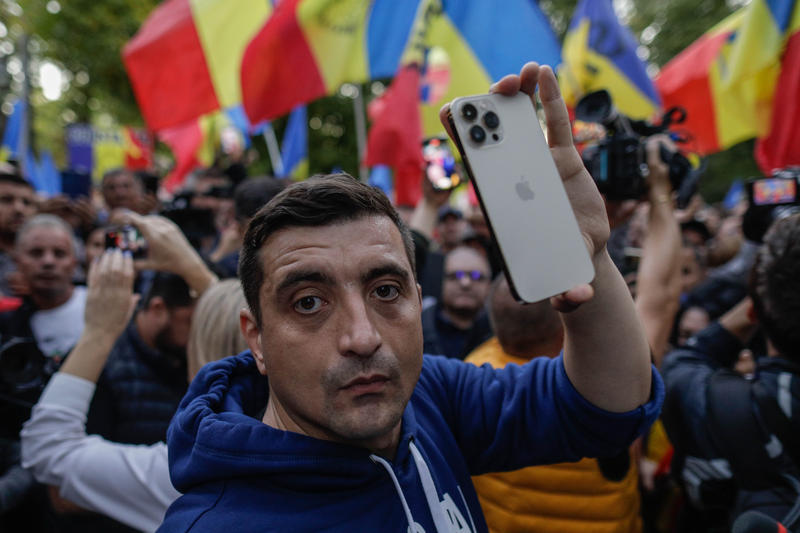Romania borrows money from banks constantly to pay salaries and pensions. Elsewhere in the news, Gigi Becali, the only MEP with penal charges in the history of the European Parliament, might still be prevented to leave the country despite immunity. Last but not least, Romania is in trouble regarding protecting personal data, the right to a private life, the right to rally and the rights of Gypsies, according to FRA 2009 report.
The Romanian state borrows money from banks constantly to pay salaries and pensions, according to National Central Bank (BNR) governor's advisor Adrian Vasileascu, Gandul informs. This way, Romanian authorities can afford bigger expenses, without increasing the budget deficit.
Vasilescu says that it would be desirable that part of the money the state borrows from banks ended up in investments as well. The governor's advisor claims that the banks have nothing against this practice: despite small interest, they don't have to create dossiers or look for guarantees.
The MEP immunity does not imply that Romanian judges will allow businessman and politician Gigi Becalli to leave the country, Cotidianulreads. MEP Renate Weber explained that after July 14, when Gigi Beccali will be named MEP, the implied immunity would be a right that would not be enforced immediately.
Gigi Becalli, facing three penal accusations, has obtained enough votes to secure an MEP mandate, but the Romanian law has banned him from leaving the country. There has never been an MEP with penal charges in the history of the European Parliament.
Becali's chance is to request immunity from the President of the EP. The President sends his request to the judicial commission, which makes recommendations, and the decision will be taken eventually by the parliamentary plenum. Romanian prosecutors can also request his immunity from the EP.
Romania Libera reads Romania is monitored by European Union's Agency for Fundamental Rights (FRA). Romania is in trouble regarding protecting personal data, the right to a private life, the right to rally or the right of Gypsies, according to FRA 2009 report, Romanian news agency NewsIninforms. The report analyses the way the European Directive regarding Racial Equality is implemented in the 27 country members.
The EU Agency shows that "in Romania, the public debate focused on using personal data for supervision". The phrase most probably refers to the laws that allow prosecutors to listen to Romanian citizens' phone calls. Plus, actions against protests have been recorded not only in Romania, but also in Bulgaria, Latvia, Poland and the Republic of Estonia.
Additionally, 60% of the Romanian Gypsy minority say they are discriminated against. Romania is also scoring high when it comes to direct or indirect discrimination when granting shelter of when enforcing evacuation.
Positive aspects addressing Romania refer to "Good Practices" regarding the protection of the minorities’ rights. The report notes a scheme through which the authorities are trying to secure social housing for Gypsies.




















